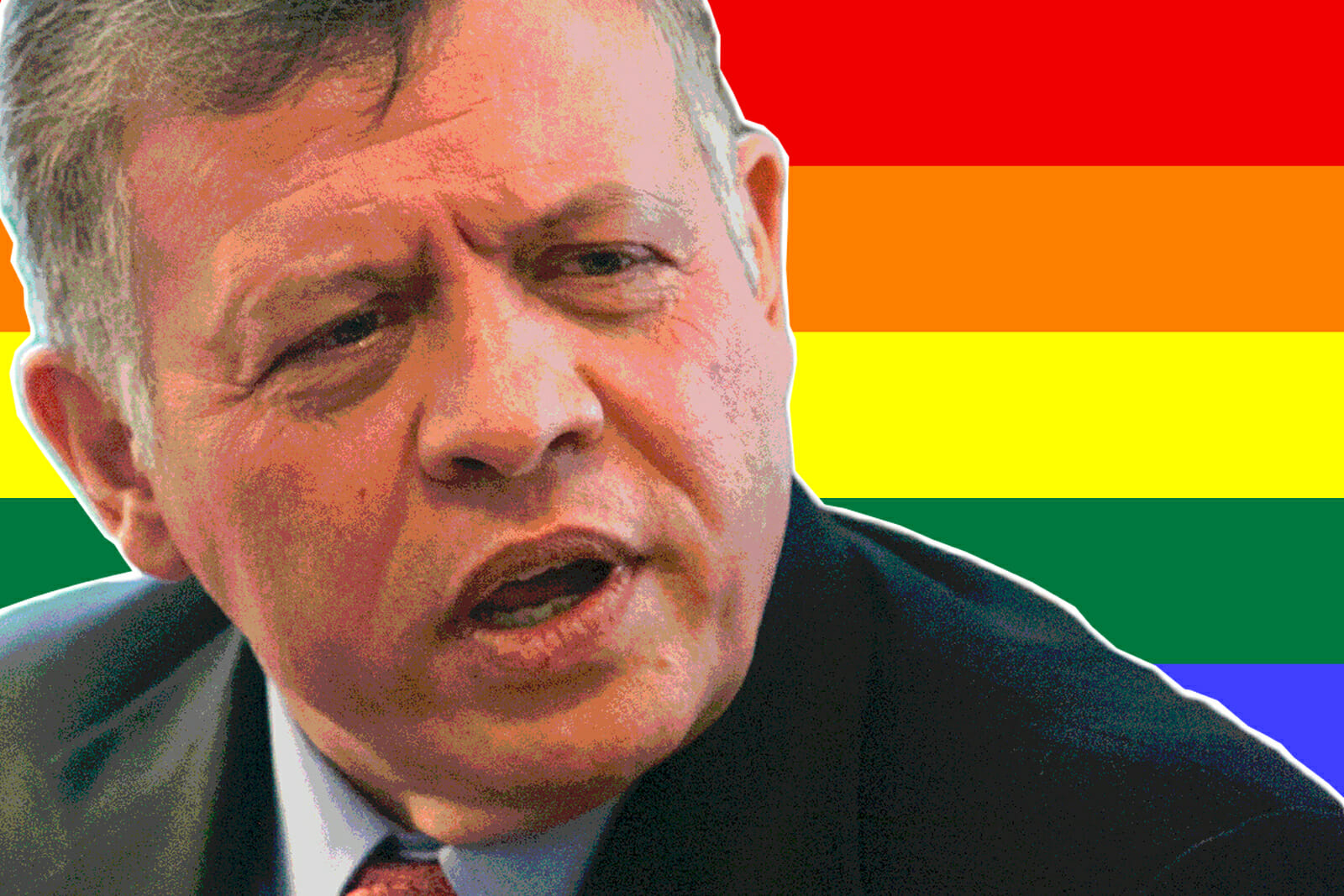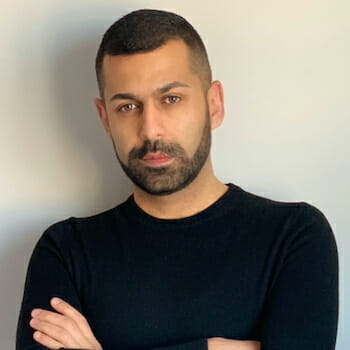
Human Rights in Jordan are Far Worse Than Prince Hamzah Suggests. The LGBTQ Community is a Poignant Example.
A few weeks ago, Jordan’s Prince Hamzah made headlines for inciting a family feud by calling out Jordan’s glaring human rights violations against anyone who dares criticize policy. But policy is only the tip of the iceberg when it comes to Jordan’s human rights record. Bullying, harassment, threats, and violence―including deadly―are rampant against anyone who not only speaks up about politics but who differs in any way from this religiously conservative society’s very stringent norms.
I am one of those who differs. As a gay man growing up in Jordan, my sexuality was a deep dark secret that I held close to my chest, in fear of my life and my wellbeing. Jordan’s social norms strictly forbid homosexuality. Growing up, I knew that if my sexuality were to be revealed to the world my father would disown me and throw me out of the house. I knew that my cousins and friends would target me and that I would likely be subject to hate crimes. I knew that I wasn’t safe as a gay man. These impressions are baked into society from a young age. Just as I knew I wasn’t safe, everyone else knew to discriminate against anyone who is LGBTQ. None of that is an accident. I show this in my novel The Kingdom’s Sandcastle, which is based on true events.
Jordan has maintained an independent religious monarchy since the end of the Second World War and gone through periods of upheaval and conflict, though not as frequently as its neighbors. The constants that have held it together are religion and the King. Both elements are omnipresent in everyday society. Jordan’s population is overwhelmingly Muslim, and the monarchy eagerly leans on Islamic values to win the approval of the people. The phrase God, King, and Country can be seen everywhere, plastered on posters and buildings.
From a young age, people are taught to internalize that mantra and to model their behavior around it. Reinforced in school, the home, and everywhere in between, it doesn’t take a child long to understand that homosexuality is a crime against God, and therefore against the King, and the country. I was terrified when I realized I was gay because even as a kid I knew that it was not tolerated by my society. I was lucky to find a friend who was bisexual, and together we began navigating the hidden LGBTQ world. We often would chat with men online, and meet them for cups of coffee, all the while understanding that nobody else could know.
This secret world has another dark side outside of social discrimination and the threat of hate violence. The need to keep my sexuality a secret enabled a predator to abuse me for years, forever holding the threat of outing me to my family over my head. In Jordan, I had no recourse. I couldn’t go to the police, I couldn’t confide in my family, and I couldn’t protect myself from that monster. The abuse led me to drug addiction, depression, and suicide attempts, and the only escape I could find was fleeing to the United States. In the end, I still lost my family, my home, and my friends. I can never return.
Jordan’s conservative culture enabled my abuser, and that culture was enabled by the King. The monarchy is an antiquated government, with more eyes for its own success and personal power than that of its people. Now, as headlines report a failed palace coup and a rift between royals, I can only shake my head and dismiss it all. What does it matter who is in charge? What does it matter if princes are arrested? It has no impact on me, or the people living in Jordan because it most certainly won’t improve the human rights situation in Jordan. It certainly didn’t seem to matter in Saudi Arabia when the Crown Prince had much of his family arrested. The oil and arms deals kept flowing, and the world went about its business. The palace may change over time, but the message the monarchy sends down to the masses will remain the same: God, King, and Country.
As long as the monarchy embraces conservative religious norms as a rule for society, the LGBTQ community, along with women and other minorities, will continue to suffer. It warms my heart to see that LGBTQ activism has become more present in recent years, but all those people are still the victims of intense social discrimination that can endanger their lives. If homosexuality is ever to be widely accepted, the people need a true voice. Currently, Jordan has a house of representatives to which candidates are elected, but the senate is entirely appointed by the King. Therefore, the monarchy still has absolute control over the passing of laws and general governance. As long as that’s the case, social progress on many fronts, including LGBTQ rights, will never progress
It is destructive on so many levels to have to hide oneself from society, to feel the joy of kissing one’s partner marred by paranoia, or to feel the pain of sequestering self-expression. Nobody deserves to live with that fear — a chronic symptom of Jordan’s shameful human rights environment. Here in the United States, although there are still so many areas where human rights and civil liberties must improve, I am grateful each and every day for the protections afforded to the LGBTQ community and other communities that are somehow “different.” One thing that is certain: I am here to stay.
